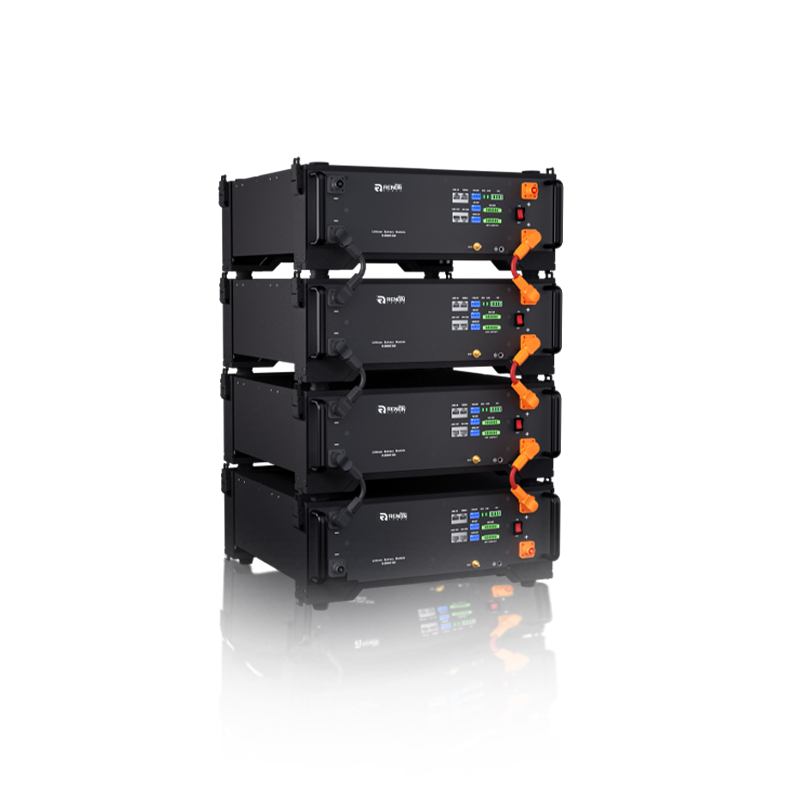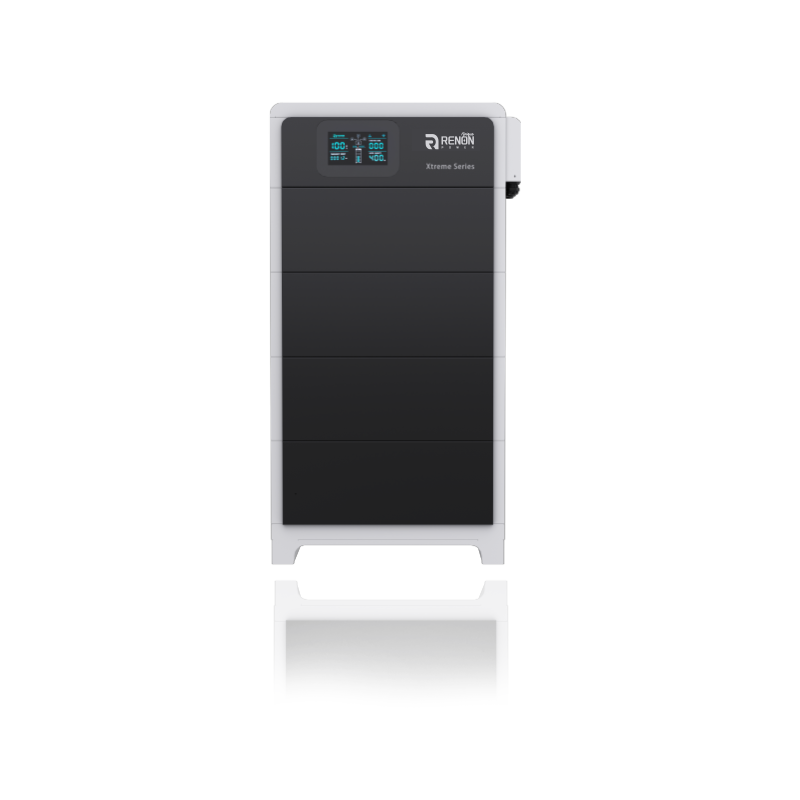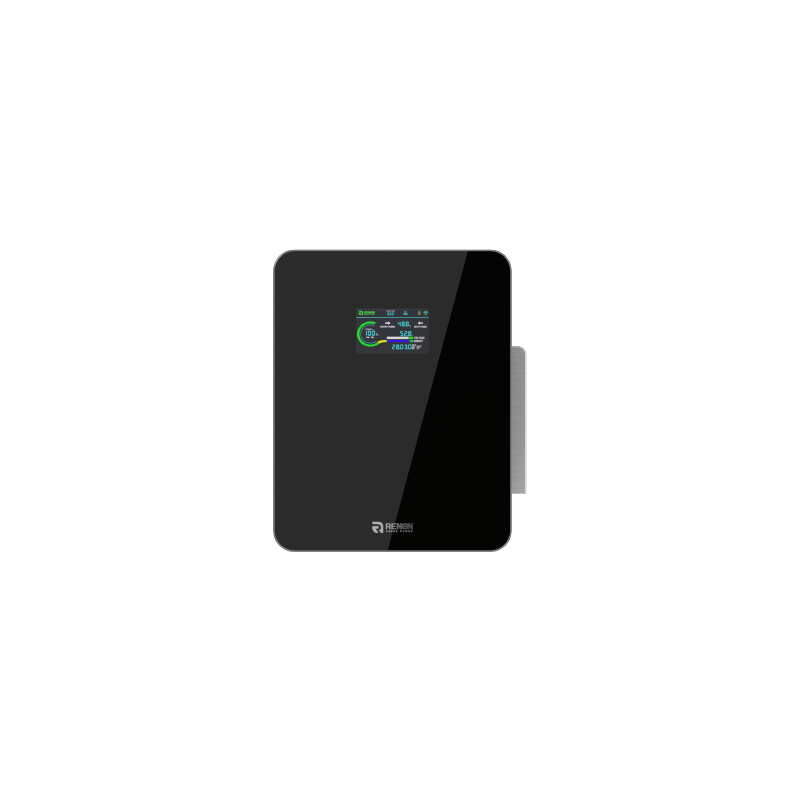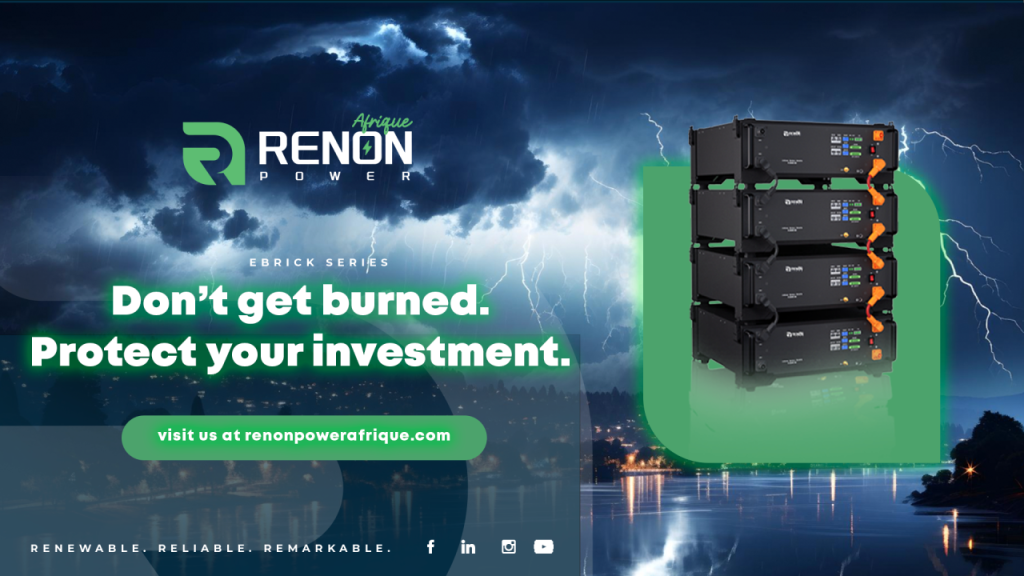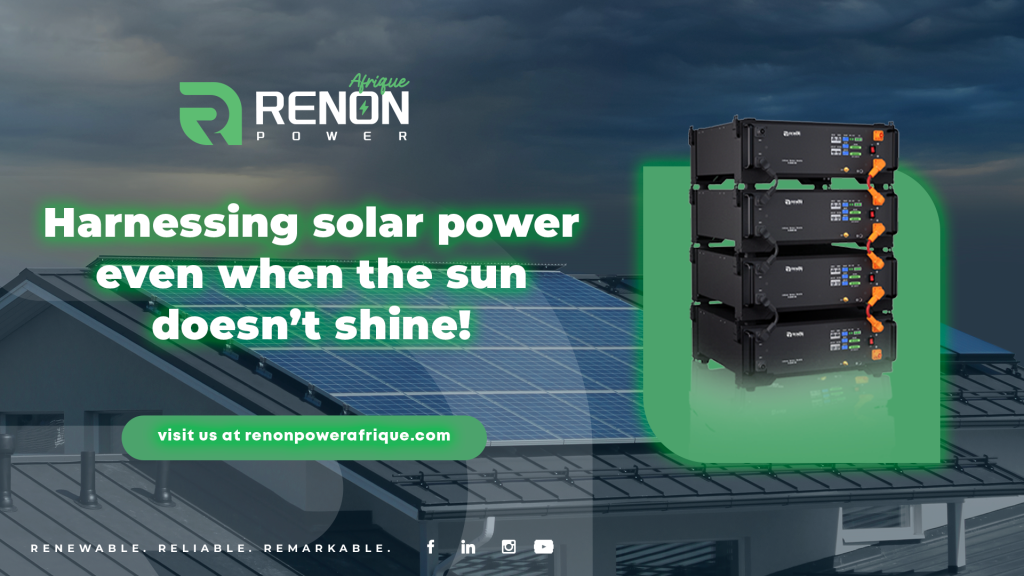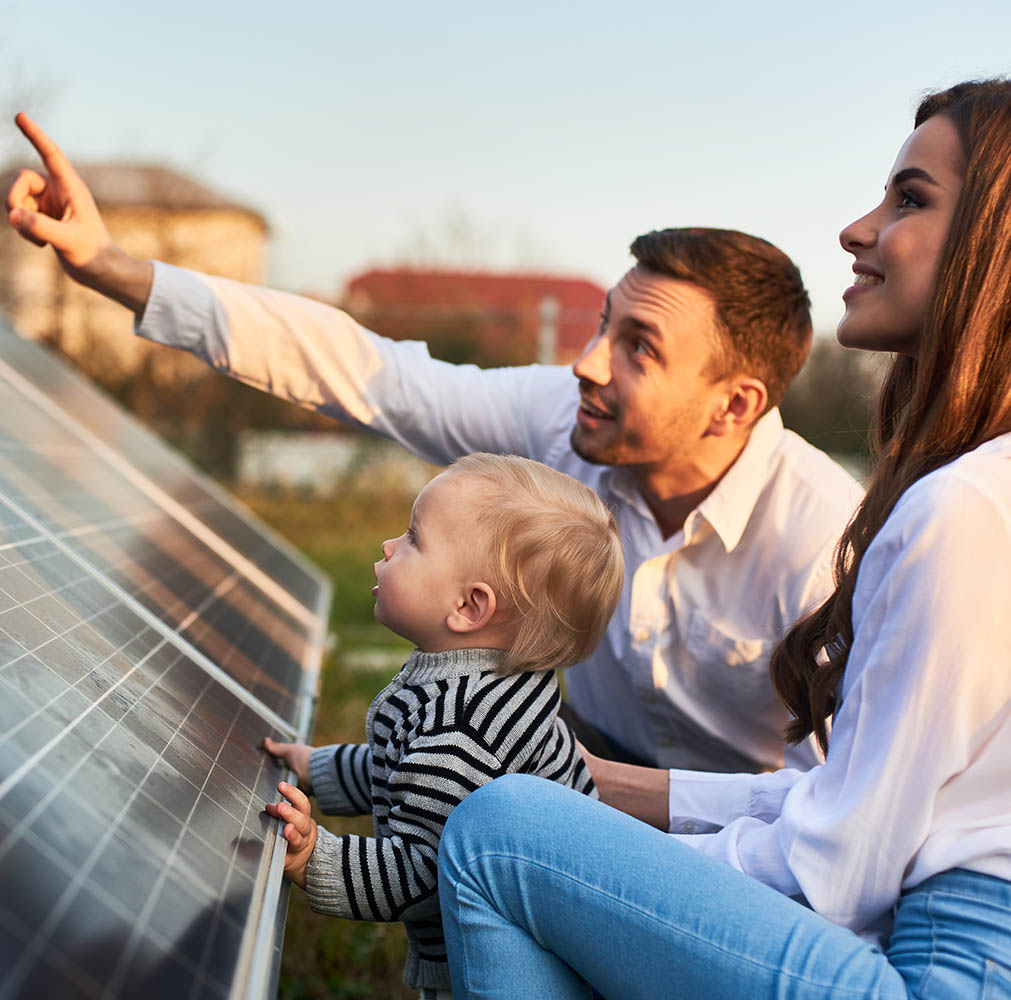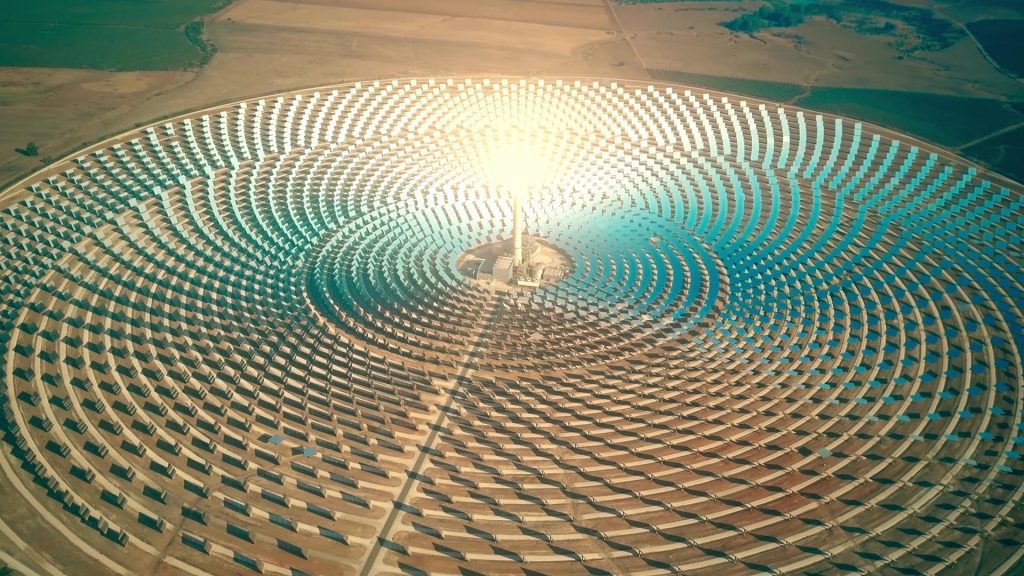The Future of Energy Storage in South Africa: Harnessing Solar Power Even When the Sun Doesn’t Shine
As South Africa continues to embrace solar energy, one of the most pressing questions is, “How can we make the most of solar power when the sun isn’t always shining?” While it’s true that solar panels require sunlight to generate electricity, advancements in energy storage technology now allow us to utilise this power throughout the year, even on cloudy or rainy days.
Solar Power and Energy Storage: A Winning Combination
- Consistent Energy Supply
Solar panels are a game-changer for reducing environmental impact, both locally and globally. But how do they provide energy during times of high demand, such as at night? During the day, solar panels often produce more energy than is immediately needed. With efficient energy storage systems, this excess energy can be captured and used when solar production is low. This means that even when the weather isn’t cooperating, you still have access to a reliable energy source.
- Reduced Electricity Costs
Energy storage isn’t just about reliability; it’s also a way to save on your electricity bill. By storing energy generated during sunny periods, you can use it during peak hours when electricity rates are highest. This not only reduces your dependency on the grid but can also lead to significant cost savings over time.
- Flexibility and Reserve Generation
Energy storage gives you the flexibility to manage your energy use more effectively. By storing solar power, you can ensure that you have a reserve for peak demand periods or when the grid is under strain. This stored energy helps maintain your home’s utilities even when solar generation isn’t possible.
- Environmental Benefits
With an increasing focus on sustainability, solar energy storage helps reduce your household’s carbon footprint. It’s not just about powering lights; the stored energy can be used to charge electronic devices, run appliances, and even power electric vehicles.
- Preparedness for Outages
In South Africa, where power outages and load shedding are common, having a solar energy storage system can be a lifesaver. By storing solar power, you can ensure that you have backup power available during disruptions, protecting your home and business from unexpected energy shortages.
The Advantages of Integrating Storage with Solar Power
- Balancing Energy Loads
Without energy storage, the electricity generated must be consumed immediately, which can lead to inefficiencies. Storage systems help balance energy generation and consumption, allowing excess energy to be stored for use during periods of high demand or low production.
- Firming Solar Generation
Energy storage can help smooth out variations in solar power generation. For instance, a battery can store energy during sunny periods and provide a consistent power supply even if there are temporary interruptions in generation due to cloud cover.
- Enhanced Resilience
Combining solar power with energy storage enhances the resilience of your energy system. It provides backup power in case of outages and supports vital infrastructure, ensuring continuity of essential services.
Exploring Different Types of Solar Energy Storage
- Electrical Energy Storage
The most common method of energy storage is using batteries. Lead-acid batteries have traditionally been used, but lithium-ion batteries are becoming increasingly popular due to their improved efficiency, longer life, and lower maintenance requirements.
- Thermal Energy Storage
This involves storing energy in the form of heat. Active systems use pumps or fans to circulate hot fluids, while passive systems use materials like concrete or water to retain heat for later use.
- Chemical Energy Storage
Chemical storage involves storing energy in chemical bonds. Although less common in residential settings, methods like hydrogen gas or molten salt are used for large-scale applications.
- Mechanical Energy Storage
Mechanical storage systems, such as flywheels, convert excess energy into mechanical power and store it for later use. They are efficient but can be costly to install.
How Does Battery Storage Work?
The energy generated by solar panels is typically stored in batteries. Lithium-ion batteries are the most popular choice due to their long lifespan and compact size. Understanding how these batteries work involves knowing their basic components: the cathode (positive electrode), anode (negative electrode), and electrolyte (a chemical layer facilitating ion movement).
Solar panels charge these batteries by directing stored electrons through a regulator to prevent overcharging. The energy is then converted from direct current (DC) to alternating current (AC) using an inverter, making it usable for household appliances.
The Longevity of Solar Batteries
Solar panel manufacturers generally offer a 25-year warranty. While there’s no guarantee that the system will last that long, regular maintenance and monitoring can help maximise its lifespan and avoid costly repairs once the warranty period ends.
In South Africa, where energy reliability is crucial, investing in solar energy storage not only helps save on electricity costs but also ensures that you are prepared for any power disruptions. By embracing these advanced storage solutions, you can take full advantage of your solar power system and contribute to a more sustainable future.
Contact us if you want to harness the sun with our energy storage solutions.
Related Products
Ebrick Series
Modular HV/LV Battery System
The Ebrick system consists of a lithium-ion battery module and a battery management system (BMS), housed in a compact and robust enclosure.
Xtreme Series
Modular HV/LV Battery System
The Xtreme Line of household battery storage systems that enable users to store energy from a photovoltaic system, generator, or grid after connecting to the inverter.
Xcellent Series
Modular HV/LV Battery System
Renon Power Afrique's Xcellent series is a line of energy storage systems which provide reliable and efficient energy storage solutions for businesses looking to reduce their energy costs and improve their energy in...
Related Articles

Get in Touch
Leave your details below
Trading Hours

